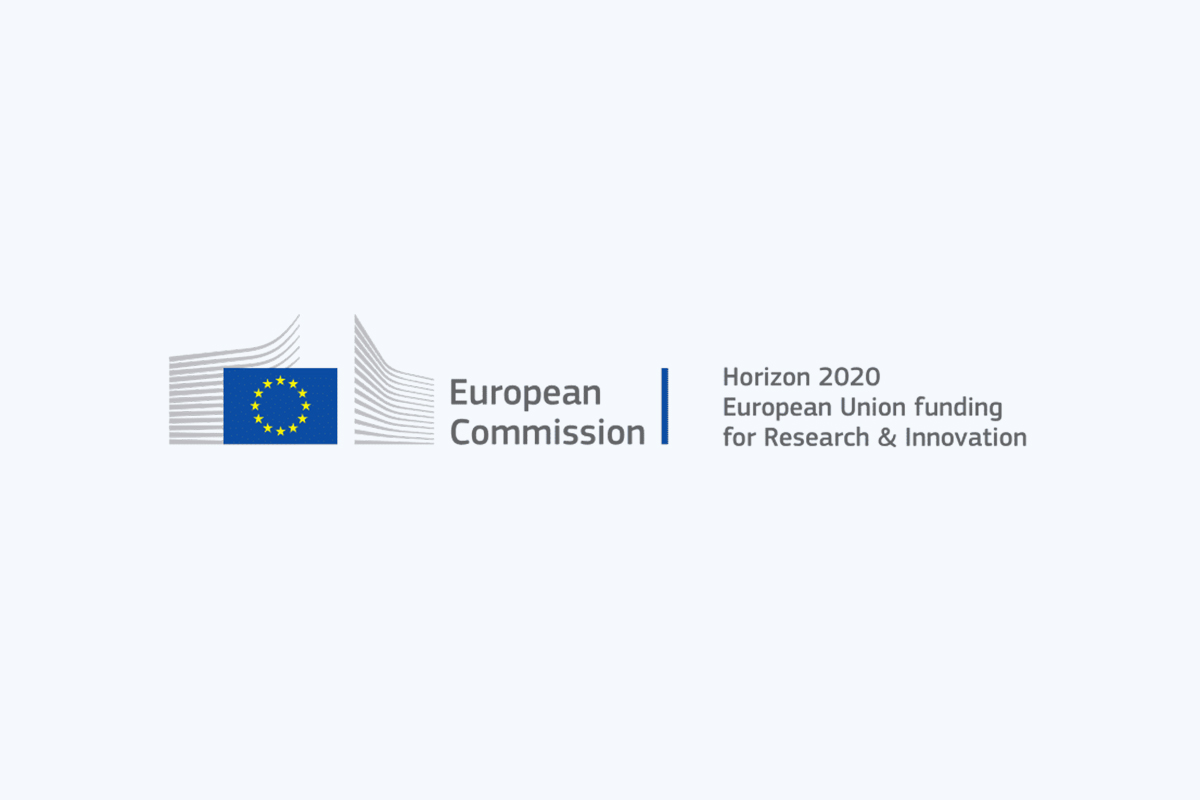
Research Details
- Funding Organization : European Commission
- Funding Programme : H2020-SC1-DTH-2020-1
- Funding Instrument : H2020 CE-SC5-03-2018
- Duration : 48 months
- Total Budget : 11,046,105 EUR
- ITI Budget : 550,000 EUR
- Scientific Responsible : Dr. Konstantinos Votis
Description
POP-MACHINA aims to demonstrate the power and potential of the maker movement and collaborative production for the EU circular economy. We draw from a number of cut-edge technologies (factory-of-the-future, blockchain) and disciplines (urban planning, architecture) to provide the support necessary to overcome scaling issues; a typical drawback of collaborative production; to find the areas more in need of our intervention and to reconfigure unused spaces. We put forth an elaborate community engagement program to network, incentivize and stimulate through maker fairs and events, existing and new maker communities in all our municipalities. We build upon the current informal curriculum for maker skills development by nurturing the social side and we put educators and makers together to exchange ideas on the training modalities. A particular focus on the skill development of women and vulnerable groups will aim to empower these (underrepresented) segments to partake actively in collaborative production. In every pilot area, we will demonstrate business oriented collaborative production of feasible and sustainable concepts from secondary raw material or other sustainable inputs, based on the needs and preferences of the local stakeholders. A thorough impact assessment framework with increased scope (e.g. social) will be co-designed with stakeholders after short basic assessment trainings and will be used in the assessment of our pilot work. Based on the findings we will kick-start a series of policy events to discuss openly – without pushing our results – the tax and legal barriers that hamper collaborative production.
Within POP-MACHINA, ITI is responsible for the implementation and deployment of the social collaboration infrastructure and platform for makers’ collaborative activities, the blockchain infrastructure and services that (a) allows the maker community to leverage tokenization of work and services and supporting a “makers’ economy” and (b) as well as those involved in circular economy activities to create product certification in a trusted and decentralized manner. As such, it supports all pilot activities foreseen for the deployment and operational excellence of the implemented ICT tools.
Consortium
-
-
- KATHOLIEKE UNIVERSITEIT LEUVEN (Coordinator)(KUL), Belgium
- AYUNTAMIENTO DE SANTANDER (SCC), Spain
- COMMONLAWGIC MAKE (LAW), Greece
- CREVIS SPRL (CREVIS), Belgium
- DIMOS PEIRAIA (PIR), Greece
- DIMOS THESSALONIKIS (MoThess), Greece
- ETHNIKO KENTRO EREVNAS KAI TECHNOLOGIKIS ANAPTYXIS (CERTH), Greece
- GEMEENTE VENLO (VENLO), Netherlands
- INSTITUT D’ARQUITECTURA AVANCADA DE CATALUNYA (IAAC), Spain
- INTRASOFT INTERNATIONAL SA (INTRA), Luxembourg
- ISM VADYBOS IR EKONOMIKOS UNIVERSITETAS UAB (ISM), Lithuania
- ISTAC ISTANBUL CEVRE YONETIM SANAYIVE TICARET AS (ISTAC), Turkey
- Istanbul Metropolitan Municipality (IMM), Turkey
- KAUNO MIESTO SAVIVALDYBES ADMINISTRACIJA (KAUNAS), Lithuania
- KOC UNIVERSITY (KU), Turkey
- PLANET TURKEY YONETIM VE GELISTIRME DANISMANLIK ANONIM SIREKTI (PLANET), Turkey
- Q-PLAN INTERNATIONAL ADVISORS PC (Q-PLAN), Greece
- STAD LEUVEN (LEUVEN), Belgium
- TECHNISCHE UNIVERSITEIT DELFT (TU DELFT), Netherlands
- THE CHANCELLOR MASTERS AND SCHOLARS OF THE UNIVERSITY OF CAMBRIDGE (UC), United Kingdom
- UNIVERSIDAD DE CANTABRIA (UNICAN), Spain
- UNIVERSITY OF MACEDONIA (UOM), Greece
- WHITE RESEARCH SPRL (WR), Belgium
-



